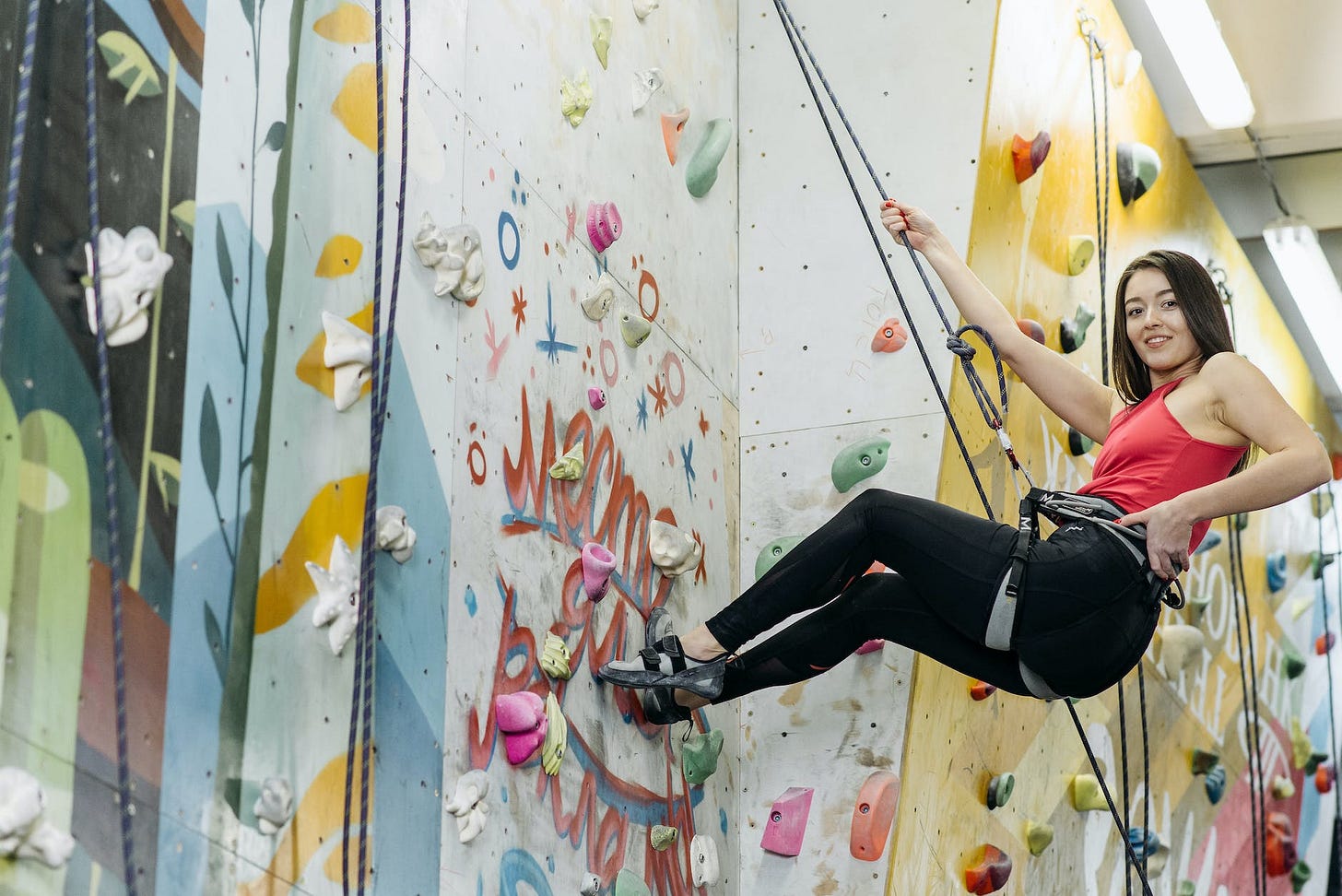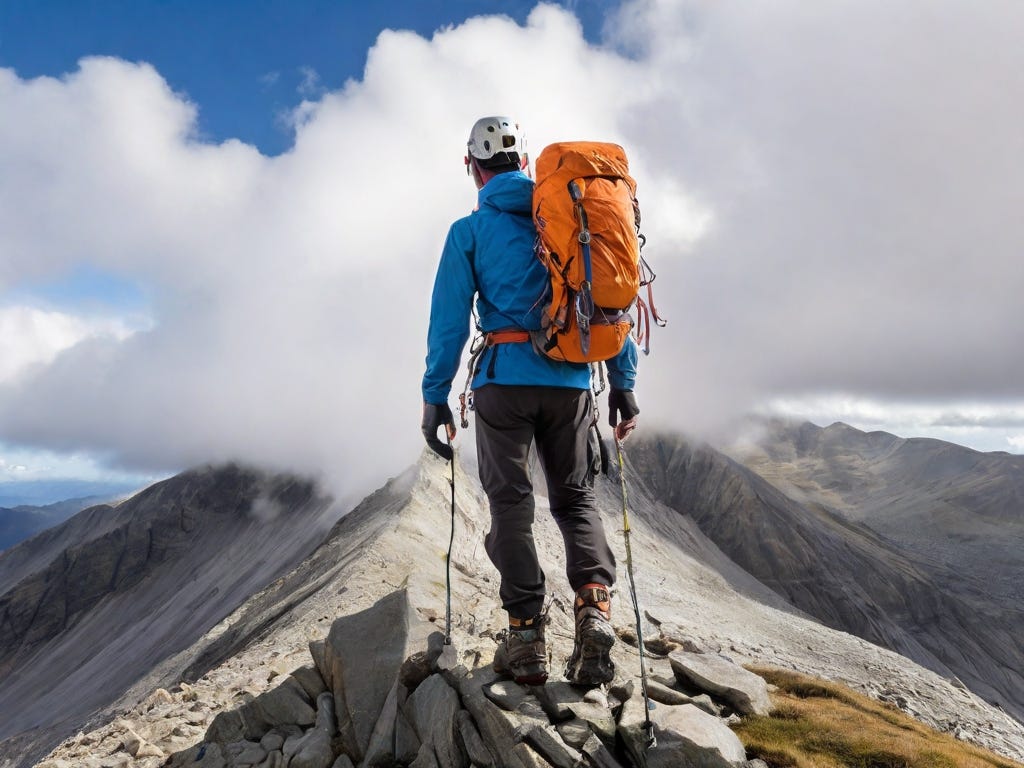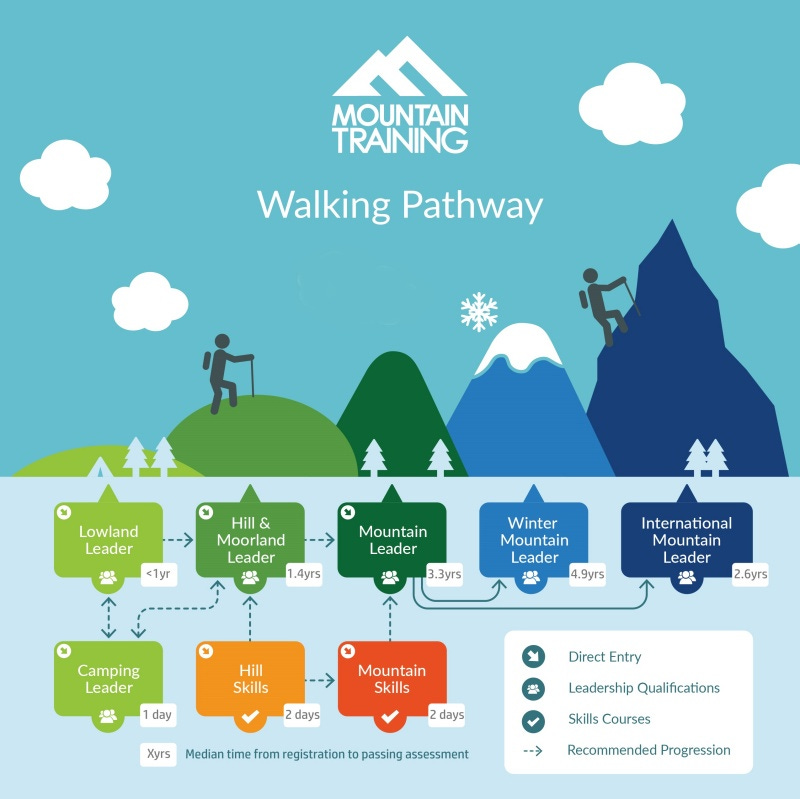The Ultimate Mountaineering Training Guide: What You Need to Include for Success!
Unlock the secrets to conquering mountains with our ultimate training guide - discover the key elements for mountaineering success!
Image courtesy of Pavel Danilyuk via Pexels
Picture this: standing atop a majestic mountain peak, surrounded by breathtaking panoramic views, the wind gently tousling your hair, and a sense of accomplishment flooding your being. Mountaineering, an adventure sport that combines physical fitness, technical skills, and mental resilience, has captivated the hearts of many adventure enthusiasts. However, reaching these lofty heights requires proper training and preparation. In this curated guide, we will explore the essential components that you should include in your mountaineering training regimen to ensure success!
Physical Conditioning
When it comes to mountaineering, physical fitness is the bedrock that will support your climb. Developing endurance, strength, and flexibility are fundamental aspects of any comprehensive training program.
Endurance Training
Mountaineering demands stamina to tackle long, arduous hikes, steep inclines, and often high altitudes. To build and maintain cardiovascular endurance, incorporate aerobic exercises into your training regimen. Activities like running, swimming, or cycling are excellent choices to get your heart pumping.
Consider incorporating interval training for increased intensity and variety. Try alternating between periods of high-intensity exertion and active recovery to simulate the demands of climbing uneven terrain. Additionally, distance challenges like long hikes or trail runs can help develop the sustained endurance needed for extended expeditions.
Strength and Power Training
Strong muscles are your allies in mountaineering. Focus on exercises that target both your lower and upper body to create a balanced physique.
Include weightlifting, squats, lunges, and core workouts in your strength training routine. These exercises will help build muscular endurance and stability. Additionally, incorporate power exercises like explosive movements and plyometrics to train your muscles for explosive bursts of energy needed during steep ascents or challenging terrain.
Flexibility and Mobility
Forget the notion that mountaineering only requires strength. Flexibility and mobility are equally essential to prevent injuries and enhance performance.
Make stretching exercises, yoga, and mobility drills a regular part of your training. These activities increase your range of motion, improve joint stability, and promote overall flexibility. Prioritize key areas such as hips, shoulders, and ankles, which are subjected to significant stress during climbs.
Technical Skills Training
Mountaineering involves more than just physical fitness. Acquiring the necessary technical skills is vital for a safe and successful journey. Familiarize yourself with the equipment, navigation techniques, and rope skills to ensure competence and confidence in the mountains.
Gear Familiarization
A comprehensive understanding of mountaineering equipment is crucial. Learn the proper usage and care of essential gear such as ice axes, crampons, harnesses, and helmets. Familiarize yourself with their different types and functions to choose the most suitable equipment for your upcoming expeditions.
Navigation and Route Planning
Never underestimate the importance of navigation skills in the mountains. A wrong turn or a misplaced step can have dire consequences. Improve your map reading, compass usage, and GPS skills to navigate unfamiliar terrains safely.
Furthermore, master the art of route planning. Take into account the terrain, weather conditions, and difficulty levels when plotting your course. Planning ahead increases your chances of a successful climb while minimizing risks.
Rope Techniques
Being proficient in rope techniques is essential for mountaineering, especially while tackling steep slopes or traversing glaciers. Learn the fundamentals of rope handling, tying knots, and belaying techniques. Additionally, consider enrolling in courses or workshops to further improve your rope skills under the guidance of experienced climbers.
Mental Preparedness
Mountaineering poses mental challenges that demand focus, decision-making under pressure, and resilience. Preparing your mind for these challenges is just as crucial as physical training.
Image courtesy of www.mountain-training.org via Google Images
Mental Conditioning
Mountaineering can evoke fear, uncertainty, and doubts. Cultivate mental resilience through various techniques such as visualization, meditation, and mindfulness. Visualize successful climbs, practice mindful breathing to calm anxiety, and learn to embrace discomfort as part of the process. Training your mind alongside your body will help you conquer both the physical and mental obstacles.
Risk Management and Safety
Understanding risks in mountaineering and being prepared for emergencies is paramount. Acquaint yourself with risk management strategies and safety protocols. Learn how to communicate effectively with your climbing partners and establish emergency response plans. Always prioritize safety and be aware of your limitations.
Outdoor Practice and Expeditions
While gym workouts and indoor training are valuable, nothing compares to the real experience. Prepare yourself by practicing in outdoor settings and gradually working up to expeditions.
Importance of Outdoor Training
Outdoor training allows you to experience genuine conditions, exposing you to varying terrains, weather patterns, and altitudes. This hands-on experience will develop practical skills and acclimatize you to the challenges of mountaineering. Seek opportunities to train in actual mountainous environments whenever possible.
Expedition Planning and Preparation
When planning expeditions, select journeys that match your skill level and experience. Set realistic goals and gradually increase the difficulty as you progress. Remember to consider logistical factors such as food, water, shelter, and permits. Proper planning and preparation are essential for a safe and enjoyable climb.
Conclusion
Embarking on a mountaineering journey is a life-changing experience that demands dedication and preparation. By curating your training regimen to include physical conditioning, technical skills, and mental preparedness, you will increase your chances of success and create a solid foundation for your mountaineering endeavors. Remember, always train within your limits, seek professional advice when necessary, and most importantly, cherish the incredible moments that await you on the mountaintop!




